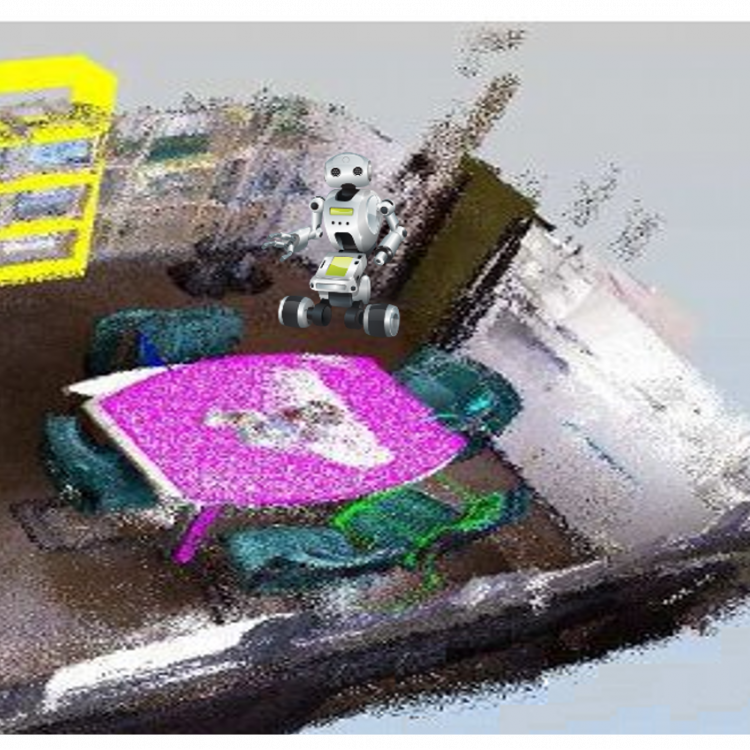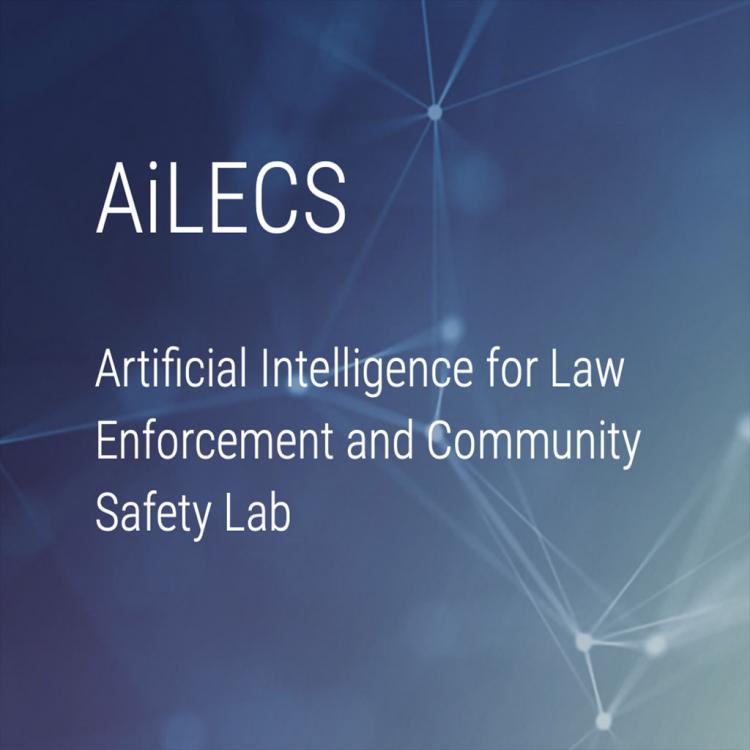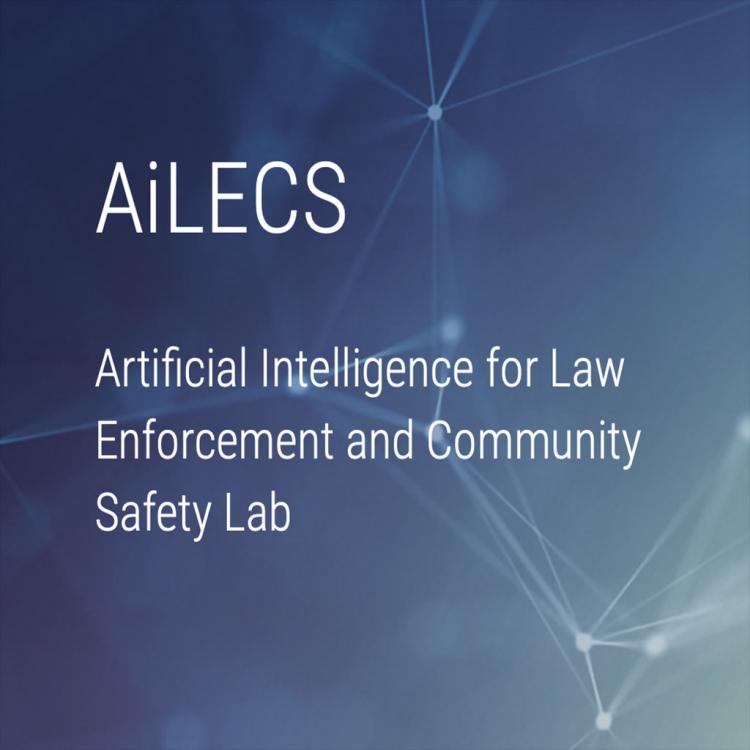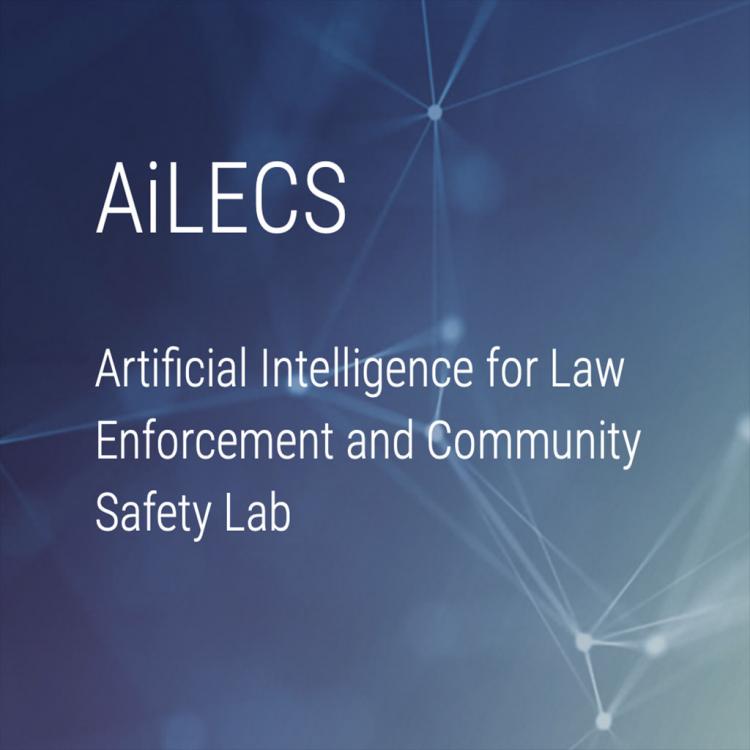In this project, the goal is to develop a new method (using computer vision and machine learning techniques) for robotic navigation in which goals can be specified at a much higher level of abstraction than has previously been possible. This will be achieved using deep learning to make informed predictions about a scene layout and navigating as an active observer in which the predictions inform actions.
Research projects in Information Technology
Displaying 41 - 50 of 101 projects.
Designing Distributed Renewable Micro-Grids for Reliability (position filled)
Short description
Predicting short- and long-term outcomes of pregnancy to optimise maternal health care (PhD)
As a pregnancy approaches term (the point at which the foetus is considered fully developed), decisions are made about the timing of birth and the way babies are born. These decisions are incredibly challenging for clinicians and pregnant women. Digital health records, advances in big data, machine learning and artificial intelligence methodologies, and novel data visualisation capabilities have opened up opportunities for a dynamic, ‘Learning Health System’ – where data can be harnessed to inform real-time and personalised decision-making.
Understanding material failure by machine learning analysis of pattern strains
Metals are made of small crystals - i.e., atoms are arranged in a particular geometric arrangement, which are typically in the range of a few 10s of microns (0.01 mm). The arrangement of these crystals greatly affects the performance of the metal and hence the performance of components where metals are used - such as in aeroplanes, gas turbine engines, cars, etc. The manner in which such materials deform, crack and fail under a variety of conditions is an important area in terms of cost and safety.
Towards adversarially robust deep models
Deep Neural Networks have shown remarkable performance across a wide range of computer vision tasks. They are however vulnerable to carefully crafted, human imperceptible perturbations, which once added to the input images, can easily fool models' decisions. Such adversarial perturbations, therefore, pose a serious concern to the deployment of deep learning models in real-life scenarios. This project will aim towards developing reliable and trustworthy deep networks by e.g., exploring robust training strategies, loss formulations, and architectural modifications.
Large Scale Zero Shot Object Detection
Zero-shot detection aims to simultaneously identify and localize (by predicting bounding box coordinates) objects which have never been observed during training time. The existing zero-shot detection approaches project visual features to the semantic domain for seen objects using textual embeddings learned in a stand-alone manner without any joint incorporation of image data. This project will aim to leverage from recent developments in joint image-text modeling, to find the more meaningful correspondence between visual features and their semantic embedding.
Machine learning for short message conversational analysis in Law Enforcement
This project aims to identify novel methods for inferring actors, activities, and other elements from short message communications. Covert communications are a specialist domain for analysis in the Law Enforcement (LE) context. In this project we aim to improve law enforcement’s understanding of online criminal communications, exploring texts for automated understanding of intent, sentiment, criminal capability, and involvement.
Explainability of AI techniques in law enforcement and the judiciary
This project will investigate and develop the ways in which AI algorithms and practices can be made transparent and explainable for use in law enforcement and judicial applications
Ethics of AI application in law enforcement
The use of AI in law enforcement and judicial domains requires consideration of a number of ethical issues. This project will investigate and develop frameworks that embed ethical principles in the research, development, deployment ,and use of AI systems in law enforcement (LE). A major focus is expected to concern the acquisition, use, sharing and governance of data for AI in this context.





